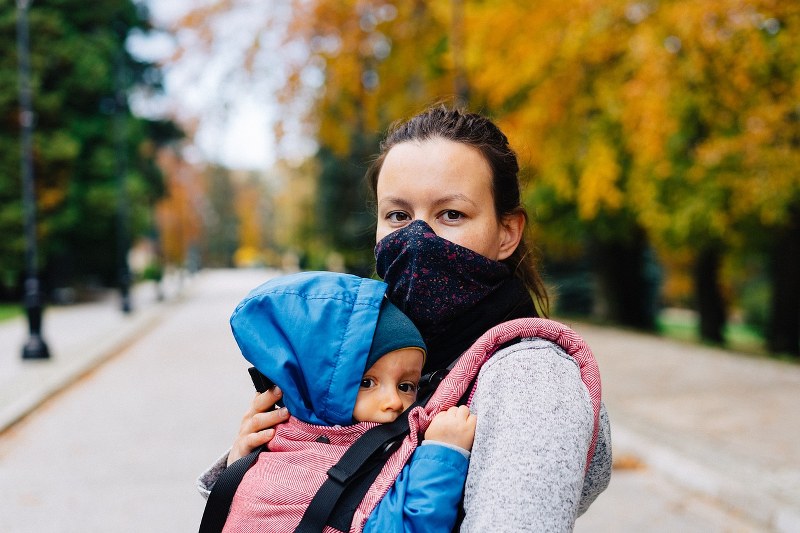 COVID 19
COVID 19
Ongoing brain injury caused by COVID-19 may not always be detected by routine tests: Study
A new study published December 22 in Nature Communications details that markers of brain injury are present in the blood many months after COVID-19 infection, despite inflammation blood tests being normal.
The findings represent a major output from the University of Liverpool and King’s College London led COVID-19 Clinical Neuroscience Study (COVID-CNS) and also involves scientists from the ISARIC4C consortium, The Pandemic Institute and the NIHR BioResource.
Professor Benedict Michael, Principal Investigator and Director of the University of Liverpool’s Infection Neuroscience Laboratory and Honorary Consultant Neurologist, The Walton Centre NHS Foundation Trust said: “During the COVID-19 pandemic it became apparent that neurological complications were occurring in a significant proportion of hospitalised patients and even in those with mild COVID-19 infection.
While some neurological ‘symptoms’ were often mild (headache and muscle aches [myalgia]), it became clear that more significant and potentially life-changing new neurological ‘complications’ were occurring, including encephalitis (brain inflammation), seizures, and stroke.”
The COVID-CNS study analysed samples from over 800 patients hospitalised with COVID-19 from across England and Wales, half of whom with new neurological conditions. Here researchers measured brain injury markers, serum inflammatory proteins (cytokines), antibodies, and brain (neuroglial) injury proteins.
The analysis of these shows that during the acute phase (when symptoms are developing quickly) there is production of key inflammatory proteins and brain injury markers, but surprisingly on-going robust biomarker evidence of brain (neuroglial) injury in COVID-19 even months after discharge from hospital. Crucially this was more prominent in patients with neurological dysfunction in the acute phase of the illness, and continued in the recovery phase in patients who had suffered acute neurological complications.
The inflammatory markers are associated with abnormal immune responses in the acute phase of the disease, and the researchers suggest that these may represent targets for therapy for COVID-19 and other infections which cause acute brain dysfunction.
“Our study shows that markers of brain injury are present in the blood months after COVID-19, and particularly in those who have had a COVID-19-induced brain complication (e.g. inflammation, or stroke), despite resolution of the inflammatory response in the blood. This suggests the possibility of ongoing inflammation and injury inside the brain itself which may not be detected by blood tests for inflammation,” Professor Michael says.
Head of the Department of Clinical Infection, Microbiology & Immunology, Professor Aras Kadioglu, said: “Liverpool has been at the forefront of research throughout the pandemic and this important new study has identified ongoing brain injury markers in those who developed neurological complications during COVID-19, even months after they had been discharged from hospital. The Liverpool team led by Professor Benedict Michael and colleagues is now working to understand what this means for cognitive function, independence and recovery in those affected.”
Professor Leonie Taams, from King’s College London, said: “It was a great privilege to be part of this important cross-disciplinary research by the COVID-CNS consortium. By bringing together immunology, neurology and infection research, we were able to reveal a number of biomarkers that were associated with the neurological complications of COVID-19. This work may help set the stage for elucidating the possible underlying mechanisms of these complications.”
Support Our Journalism
We cannot do without you.. your contribution supports unbiased journalism
IBNS is not driven by any ism- not wokeism, not racism, not skewed secularism, not hyper right-wing or left liberal ideals, nor by any hardline religious beliefs or hyper nationalism. We want to serve you good old objective news, as they are. We do not judge or preach. We let people decide for themselves. We only try to present factual and well-sourced news.







